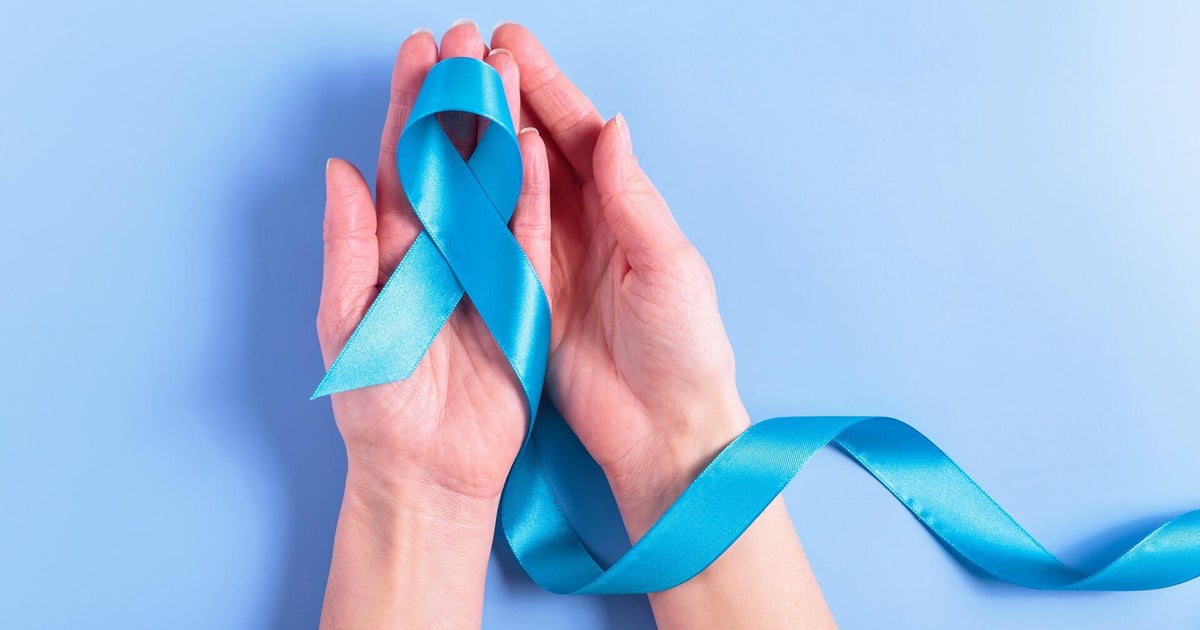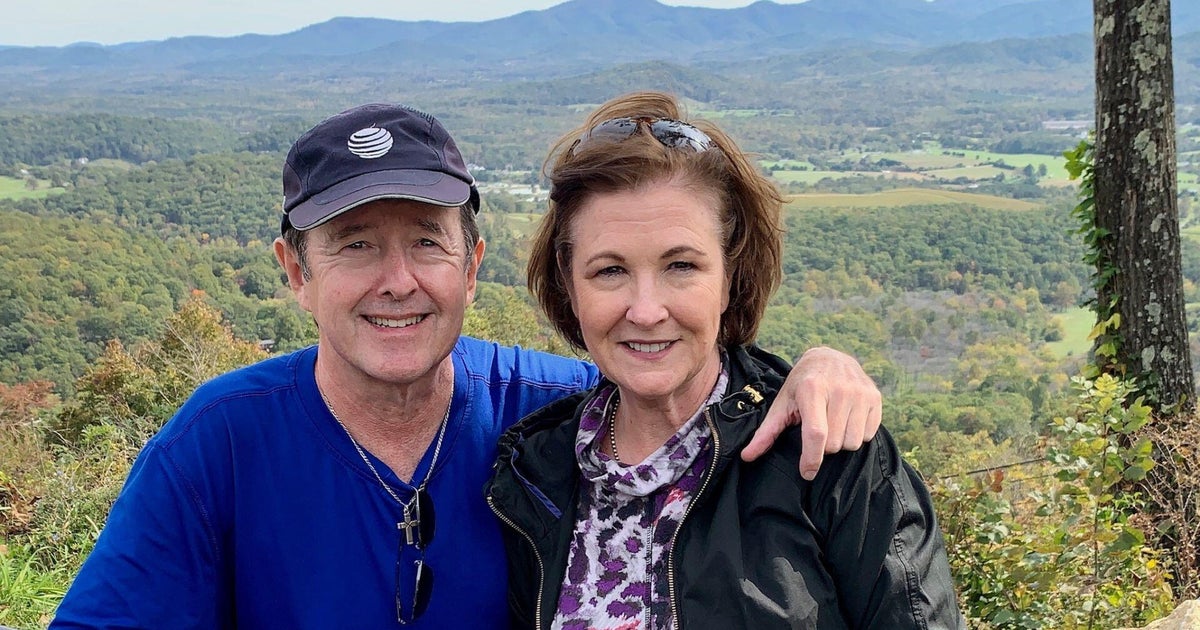Top 5: Common Cancer Myths, Explained
Cancer is a dreadful disease that presents itself in many ways. Not only does Cancer impact every patient differently, treatment options and case success can differ widely due to several variables. Therefore, it's important to emphasize the importance of basing your treatment decisions using verified and credible information.
Here are the Top 5, most common cancer myths and misconceptions explained.
#5 - Cancer Can Be Contagious
Cancer is not a contagious disease. certain cancers may be caused by viruses (HPV or Human Papillomavirus and Hepatitis B and C, for example). While a virus can spread from person to person, the cancers they can cause cannot spread from person to person.
#4 - There Are No Measures For Reducing Cancer Risk
Avoiding tobacco smoke, be physically active, and keep a healthy weight, not drinking alcohol or do so in moderation, eating healthy, protect your skin from sunlight, not having unprotected sex and not sharing needles may reduce the risk of cancer.
#3 - Cancer Loves Sugar
Sugar does not spread cancer or make your cancer worse. A high-sugar diet may contribute to weight gain and obesity is associated with an increased risk of cancer. Eating fresh fruits and vegetables with naturally occurring sugar, have been shown to maintain healthy weights, in and help lower cancer risk.
#2 - If You Have a Family History of Cancer, You Will Get It Too
Not necessarily. Cancer is caused by harmful changes (mutations) in genes. Only about 5 to 10 percent of cancers are caused by harmful mutations that are inherited from a person's parents. Most cancers are caused by genetic changes that occur throughout a person's lifetime as a natural result of aging and exposure to environmental factors, such as tobacco smoke. Other factors, such as what kind of food you eat, how much you eat, and whether you exercise, may also influence your risk of developing cancer.
#1 - Drug Companies, The Government and Establishments are Hiding A Cure For Cancer
As we learn more about Cancer there may never be a single cure for this disease. However, there always remains a hope. Hundreds of types of Cancer exist, and they require different treatment. One person's cancer may not respond the same to treatment. Clinical trials are important for making progress in preventing, diagnosing and treating all types of cancer.
Misconceptions about Cancer are dangerous because they can lead us to believe false or unverified information. If you or a loved one have questions or concerns about Cancer symptoms, diagnosis or treatment consult a trusted and credible source like Memorial's Cancer Institute.
For more information on Cancer treatment options, visit MHS.net/cancer.








